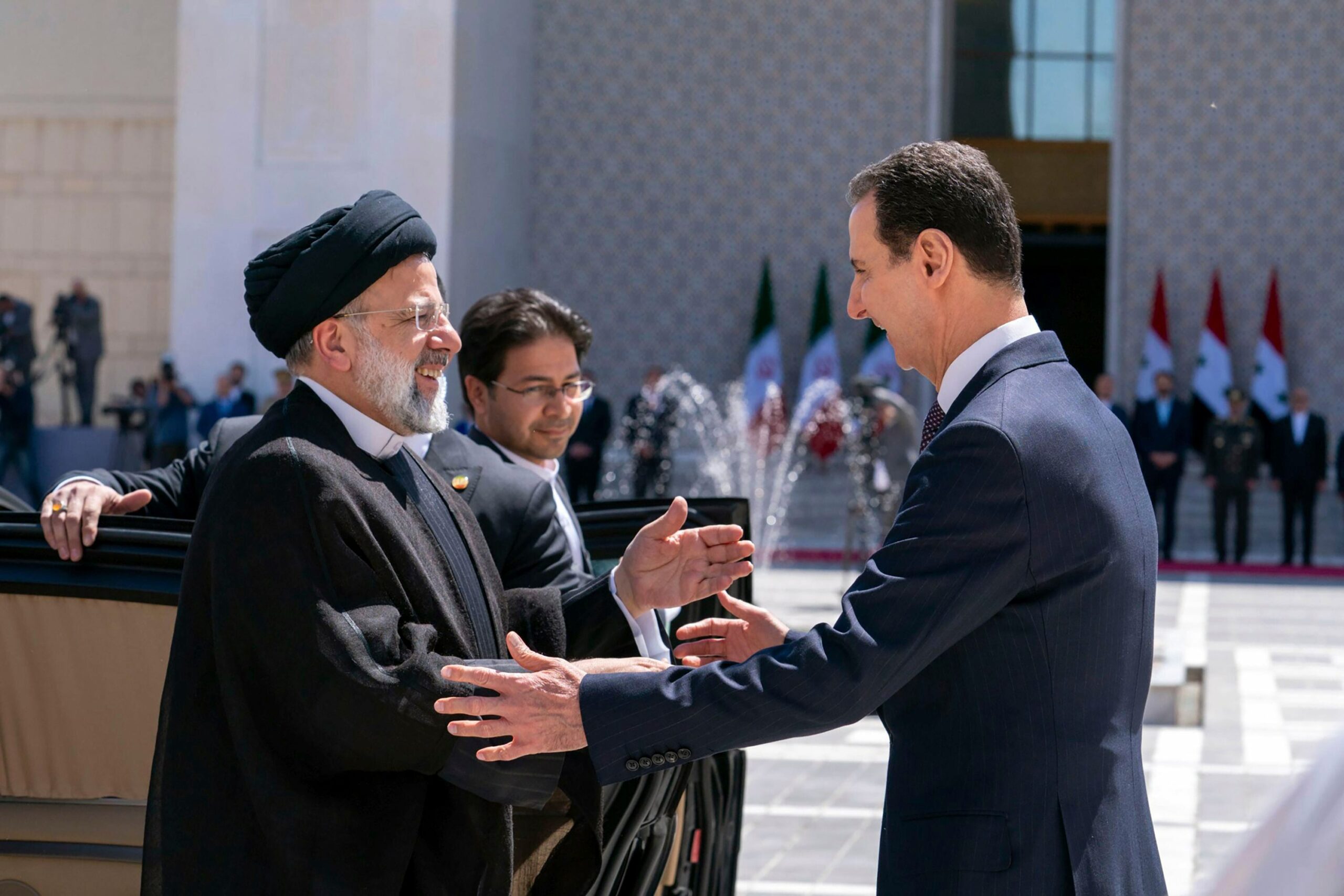
Human Trafficking :
“Human trafficking” and “trafficking in persons” are umbrella terms used to refer to both sex trafficking and compelled labor. Relevant U.S. and international law describe this compelled service using a number of different terms, including involuntary servitude, slavery or practices similar to slavery, debt bondage, or forced labor.
The USRLI Speakers Bureau connects national networks and local organizations in the Middle East, North Africa and Africa with leading USRLI experts for virtual and in-person speaking events on themes relevant to the Institute’s mission. It is part of USrli’s longstanding commitment to informing the public about the U.S.RLI role in peacebuilding around the world..
PUBLIC AFFAIRS SECTION
HT@Usinstitute-ruleoflaw.com.
INT ORGANIZATIONS
TH@@Usinstitute-ruleoflaw.com

covred Countries :
MIDDLE EAST INVESTIGATIONS OFFICE (MENAI)
Effective partnerships for furthering investigations can be established between actors equipped with data-collection capabilities, intelligence sharing skills, and insights from individuals with lived experience of human trafficking, such as NGOs, CSOs, intelligence or investigative agencies, and survivor-led organizations.
TRAFFICKING IN PERSONS OFFICE (STP)
While the TVPA and the UN TIP Protocol call on governments to proactively address trafficking crimes, some governments are part of the problem, directly compelling their citizens into sex trafficking or forced labor. From forced labor in local or national public work projects, military operations, economically important sectors, or as part of government-funded projects or missions abroad to sexual slavery on government compounds, officials use their power to exploit their nationals. To extract this work or service, governments coerce by threatening the withdrawal of public benefits, withholding salaries, failing to adhere to limits on national service, manipulating the lack of legal status of stateless individuals and other minority groups, threatening to punish family memberXs, or conditioning services, food, or freedom of movement on labor or se
CROSS-BORDER TRAFFICKING OFFICE (CBT)
As human trafficking often occurs transnationally, international partnership is key to effectively identifying victims and prosecuting the perpetrators. Whether it be detecting victims during border crossings, identifying overseas workers exploited in forced labor, or repatriating victims caught without identification, cooperation between source, transit, and destination countries’ governments and law enforcement, as well as with NGOs, international organizations, and the private sector, is key to preventing, identifying, and prosecuting transnational human trafficking cases. Identifying and ensuring protection services, policies, and laws that protect foreign national victims from being removed from countries, and instead helping them integrate, also often requires coordination amongst a variety of stakeholders
UNLAWFUL USE OF CHILD SOLDIERS OFFICE (UCS)
Another manifestation of human trafficking occurs when government forces or any non-state armed group unlawfully recruits or uses children—through force, fraud, or coercion—as soldiers or for labor or services in conflict situations. Children are also used as sex slaves. Sexual slavery, as referred to here, occurs when armed groups force or coerce children to “marry” or be raped by commanders or combatants. Both male and female children are often sexually abused or exploited by members of armed groups and suffer the same types of devastating physical and psychological consequences associated with sex trafficking.

